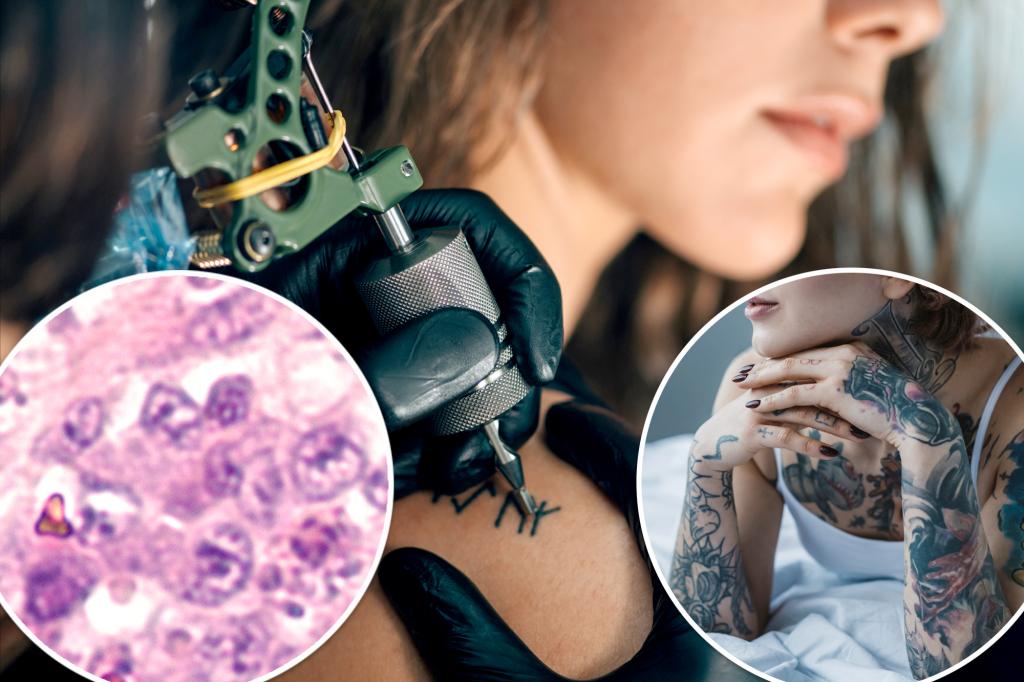A new study from Sweden has found that people with tattoos have a 21% higher risk of developing lymphoma, a type of blood cancer.
“It is important to remember that lymphoma is a rare disease and our findings apply at a population level,” says Christer Nielsen, a researcher at Lund University who led the study. said in a statement last week“These findings need to be further verified and investigated in other studies, which are currently underway.”
In this study, Featured on eClinicalMedicine11,905 participants were asked to complete a questionnaire about lifestyle factors to determine whether they had tattoos. The risks associated with exposure to tattoos appear to be highest for diffuse large B-cell lymphoma (a fast-growing, curable cancer that begins in the white blood cells) and follicular lymphoma (a slow-growing, incurable cancer).
“We already know that when tattoo ink is injected into the skin, the body recognizes it as a foreign substance that shouldn’t be there, and activates the immune system,” Nielsen explains. “Most of the ink travels from the skin to the lymph nodes, where it is deposited.”
Nielsen’s team hypothesized that tattoo size influences lymphoma risk, but concluded that this was not the case.


“We can only speculate that tattoos, regardless of size, cause mild inflammation in the body, which in turn may lead to cancer,” Nielsen reasoned. “So things are more complicated than we originally thought.”
Nielsen said the study highlights the importance of monitoring the chemical composition of tattoo inks. About a third of U.S. adults have tattoos, and 22 percent of those have multiple tattoos.
The Food and Drug Administration Tattoo ink is the cosmetic product and the pigment is the colorant.
The FDA has not traditionally regulated color additives in tattoo ink pigments, but says local governments make rules for body art businesses.
Nielsen’s team plans to explore links between tattoos and other types of cancer and other inflammatory diseases.
A study published last year At the American Cancer Association Annual Meeting A potential connection was found There was a correlation between having multiple large tattoos and the risk of blood cancer, and the risk was especially high for people who got their tattoos at a young age.
“People will continue to want to express their identity through tattoos, so it’s really important that we as a society make sure that tattoos are safe,” Nielsen says. “For individuals, it’s good to know that tattoos can affect your health and that you should talk to your health care provider if you experience any symptoms that you think may be related to your tattoo.”

